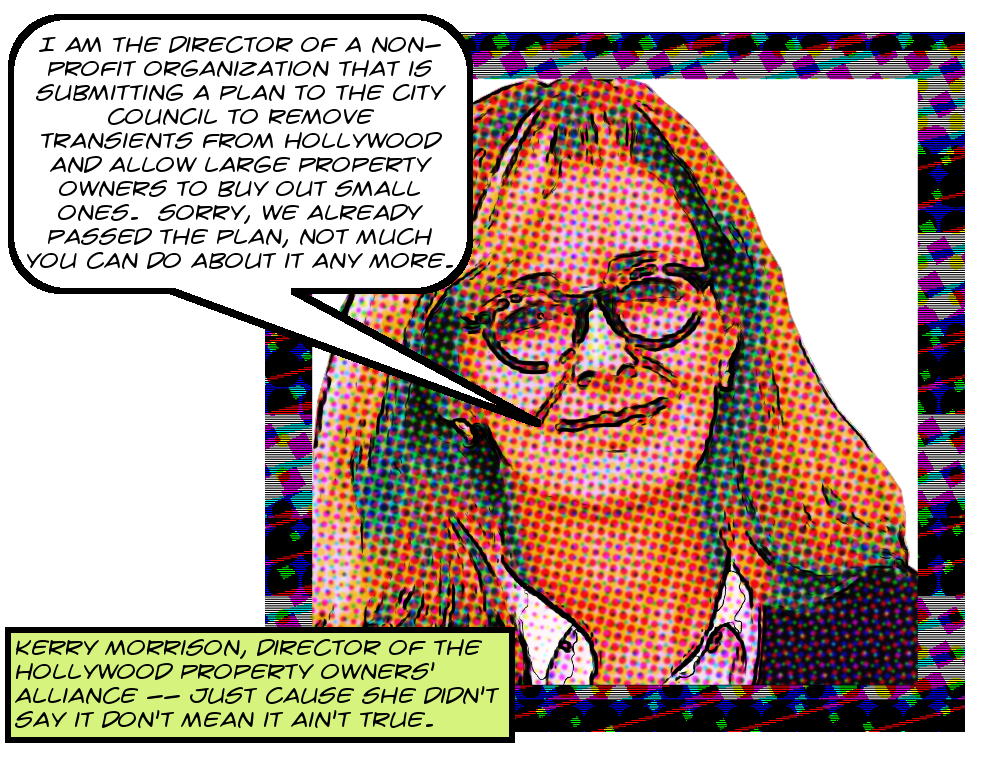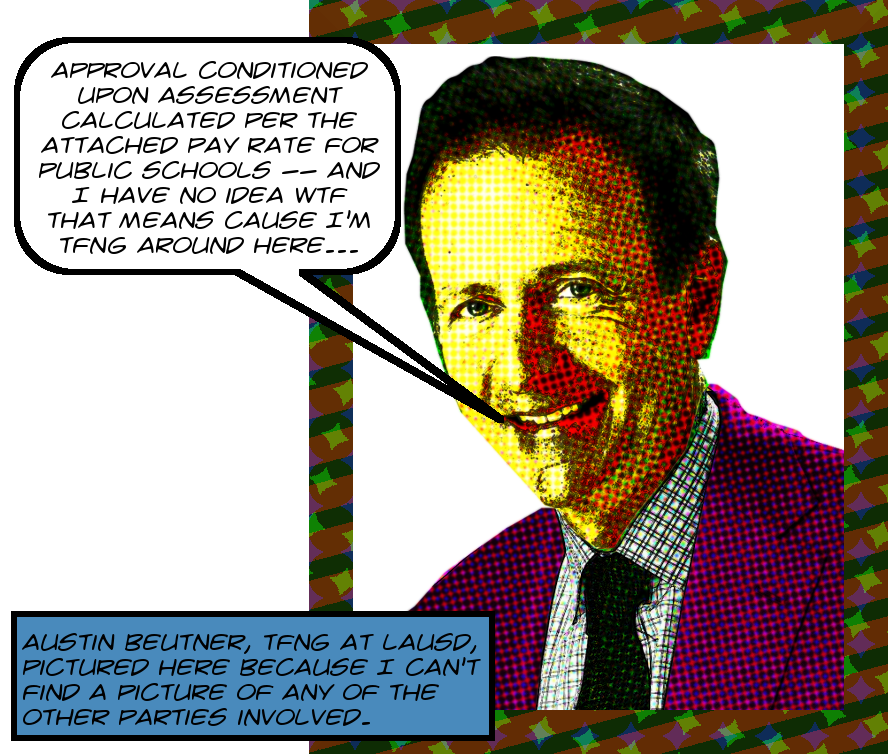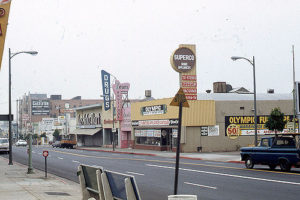Key point: To create a BID more than 50% of the total value must vote yes on petitions but only more than 50% of the value of received ballots must vote yes.1
When the City of Los Angeles started up the modern version of its business improvement district program in 1994 the City Council required the City Clerk to vote yes on both BID petitions and ballots for City-owned property. In 2018, though, in apparent violation of this requirement, Clerk Holly Wolcott seems to have unilaterally decided not to vote her petitions yes until private owners of property had already brought support over the 50.1% threshold.
She stuck to this policy in 2020 with the Chinatown BID renewal fiasco to the point where Gil Cedillo introduced a motion requiring her to vote the petitions yes even though she was already required to do so by Council’s 1996 action. So isn’t it interesting that the Greater Leimert Park Village BID, which renewed in 2019 for five years beginning in 2020, would have failed to be established at both the petition stage and at the ballot stage if Wolcott hadn’t voted the City’s outrageously high 12.8% of the assessed property values in favor of formation?
Continue reading The Greater Leimert Park Village BID Renewed For Five Years Starting In 2020 — Despite LA City Clerk Holly Wolcott’s Declared Policy Of Not Using City Owned Properties To Tip A BID Over The Formation Threshold She Voted All The City Property Yes — Without These Votes The BID Would Have Overwhelmingly Failed To Be Created At Both The Petition Stage And At The Balloting Stage — The BID Was Thus Forced On Property Owners By The City Of Los Angeles — Which Is Not How Things Are Supposed To Work —This Smells Of Council Office Interference But As Usual It’s Going To Take Forever To Learn What’s Going On



